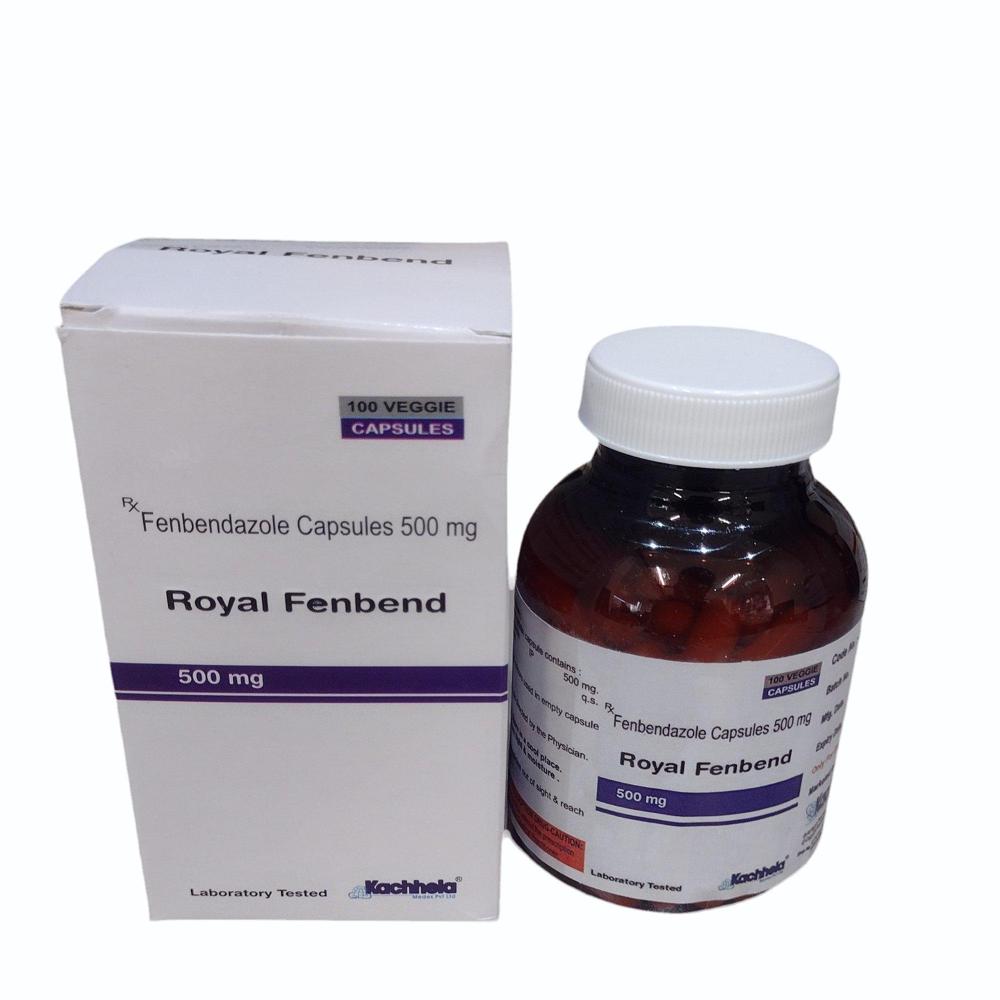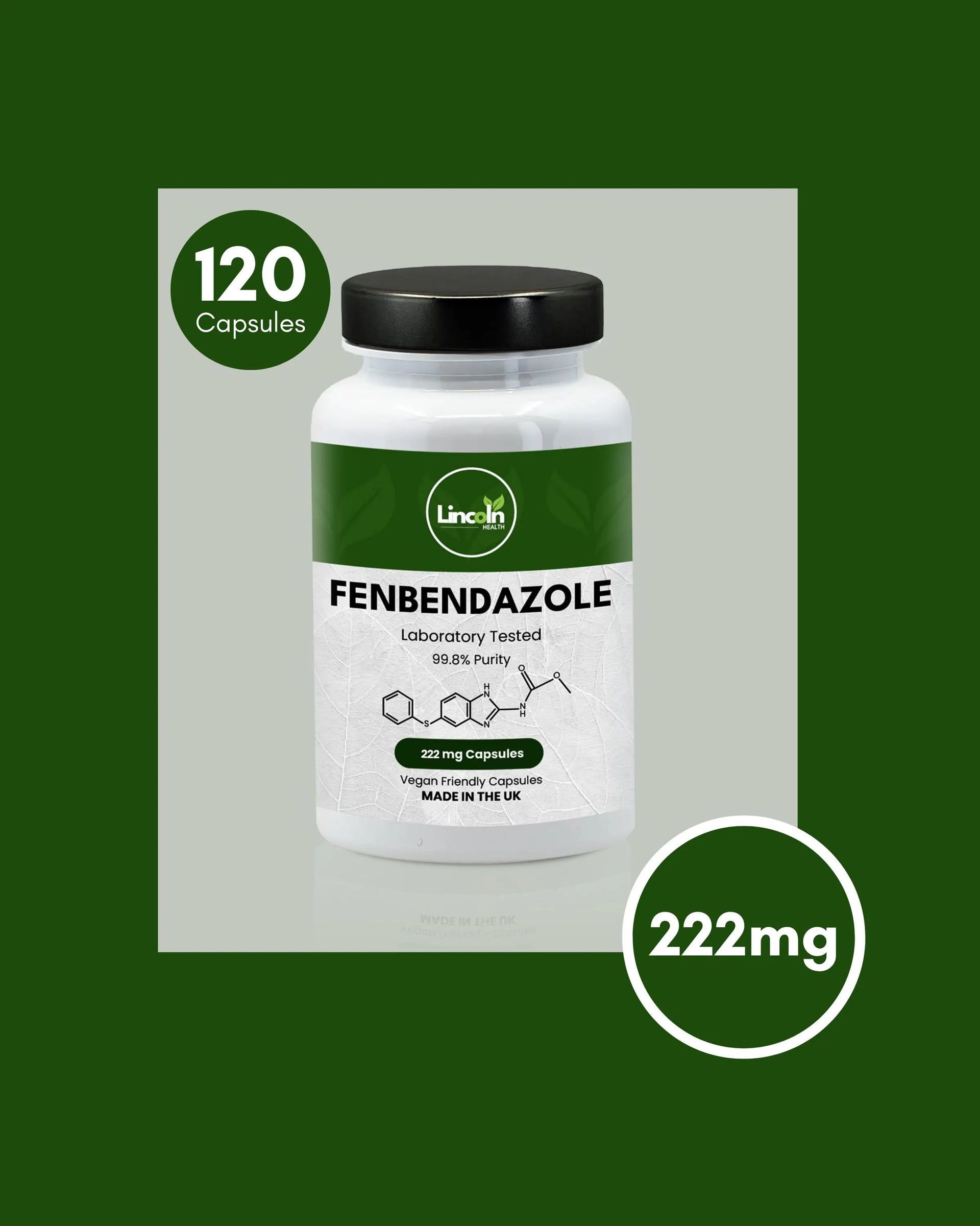The Definitive Guide to fenbendazole capsules and Its Applications
Recognizing the Conveniences and Uses of Fenbendazole in Veterinary Medicine
Fenbendazole has actually developed itself as a vital anthelmintic in veterinary medicine. Its capacity to target different parasitic infections makes it a valuable device for veterinarians. The medication's system interferes with essential mobile procedures in parasites, leading to efficient therapy end results. Its security account varies between species, demanding careful factor to consider in its usage (fenbendazole 444). Understanding these dynamics can clarify fenbendazole's broader ramifications in veterinary care and continuous research into its possible beyond conventional applications
Device of Action of Fenbendazole

Typical Parasitical Infections Dealt With With Fenbendazole
A selection of parasitical infections are effectively treated with fenbendazole, making it a versatile alternative in veterinary medication. This anthelmintic representative is particularly reliable against nematodes, including roundworms and hookworms, which typically influence canines and cats. It is also used for the treatment of cestodes, such as tapeworms, giving a broad spectrum of activity versus both sorts of intestinal tract parasites. Additionally, fenbendazole is helpful in managing infections triggered by protozoa, specifically Giardia, which can result in stomach distress in pets. Its efficacy prolongs to dealing with particular lungworms in pooches and felines, addressing respiratory system health and wellness problems linked to these bloodsuckers. Overall, fenbendazole's capacity to target multiple parasitical species makes it a beneficial device in veterinary practice, making certain the health and wellness of pet dogs influenced by these common infections.
Safety and security and Effectiveness in Various Pet Species
The security and efficacy of fenbendazole differ among various pet types, highlighting the relevance of species-specific factors to consider in veterinary medicine. In canines, fenbendazole is typically well-tolerated and effective against a variety of intestinal bloodsuckers, including roundworms and hookworms. For felines, nonetheless, its use is less usual more information and might call for careful application as a result of potential damaging responses.
In livestock, such as cattle and sheep, fenbendazole demonstrates performance versus numerous endoparasites, contributing to enhanced health and performance. Nonetheless, the pharmacokinetics and possible side impacts can differ considerably in between species, requiring careful analysis by veterinarians.
Horses additionally respond positively to fenbendazole, specifically for dealing with strongyles and ascarids, though dosage and administration paths must be tailored to their unique physiology. As a result, comprehending these differences is vital for optimizing therapy outcomes and making sure animal well-being throughout varied varieties.
Administration and Dose Standards
Correct management and dose standards are essential for making best use of the healing effects of fenbendazole while reducing possible More Info adverse effects. The dosage generally varies relying on the varieties being dealt with, the particular problem, and the solution of fenbendazole made use of. 222 mg. For dogs and pet cats, a typical dose is 50 mg/kg body weight, provided daily for three successive days, yet vets may readjust this based upon private wellness evaluations
It is essential to administer fenbendazole with food to boost absorption and decrease gastrointestinal distress. The Click Here drug is readily available in various kinds, consisting of granules and paste, permitting versatile administration choices. Monitoring the animal's response during and after treatment is recommended to verify efficiency and safety and security. In addition, vet advice is important to determine the ideal period of treatment based on the type of parasitic infection being dealt with, assuring ideal outcomes for the pet's health.
Future Point Of Views and Research Study on Fenbendazole
Research on fenbendazole remains to advance, concentrating on its possible applications past conventional antiparasitic usages. Recent research studies have explored its efficiency in treating different types of cancer cells, specifically in vet oncology. Initial information recommend that fenbendazole may inhibit the development of tumor cells and boost the impacts of various other chemotherapeutic agents.
Additionally, researchers are exploring its role in managing food poisonings in animals, highlighting its anti-inflammatory residential properties. The adaptability of fenbendazole for various species questions regarding its safety profiles and optimal application routines in diverse populaces.
As interest expands, there is a requirement for thorough medical tests to establish evidence-based standards for these unique applications. Future study may additionally check out the mechanisms behind fenbendazole's results, possibly leading the way for cutting-edge healing techniques in vet medication. The recurring exploration of fenbendazole might greatly enhance therapy alternatives for different vet problems.

Frequently Asked Concerns
Is Fenbendazole Safe for Pregnant Animals?
The safety of fenbendazole for pregnant animals stays unclear. While some studies suggest minimal danger, vets normally advise care and frequently discourage its use throughout pregnancy unless the advantages clearly outweigh prospective risks.
Can Fenbendazole Be Made Use Of in Animals?
Fenbendazole is generally made use of in livestock to deal with various parasitic infections. fenbendazole. Its effectiveness against gastrointestinal worms makes it an important anthelmintic, adding to enhanced health and wellness and performance in animals increased for food and fiber
What Are the Side Effects of Fenbendazole?

The negative effects of fenbendazole might consist of gastrointestinal disturbances, sleepiness, and sensitive responses. In rare cases, much more serious responses can occur, demanding mindful tracking and examination with a vet during therapy.
Exactly How Does Fenbendazole Compare to Other Dewormers?
Fenbendazole uses broad-spectrum effectiveness against different bloodsuckers, often contrasting favorably to various other dewormers. Its distinct mechanism targets various life stages, making it efficient, while normally providing a desirable security profile compared to alternatives available on the marketplace.
Can Fenbendazole Be Used for Treating Cancer Cells in Animals?
The potential of fenbendazole in treating cancer cells in family pets has garnered rate of interest. Preliminary researches recommend it may prevent cancer cells cell growth, however better research study is necessary to verify its efficacy and safety and security in vet oncology.